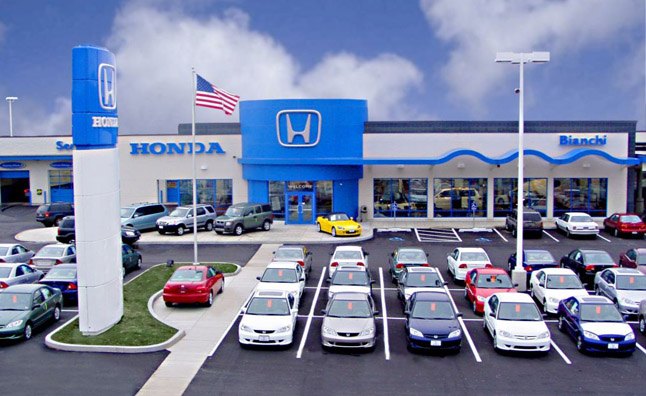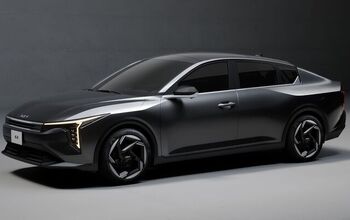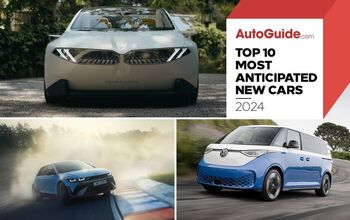Expensive Fuel Saving Tech to Cause Dramatic Decline in New-Car Buyers: Study
Sales of smaller cars are on the rise as the average transaction price for a new vehicle continues to climb, recently hitting an all-time high of $30,748.
In response to these trends, the National Automobile Dealers Association (NADA) has conducted a study revealing the proposed 54.5 mpg CAFE standards for 2025 will cause a significant increase in the technology as well as the cost required to build vehicles and, in turn, increase the price for each vehicle. As a result, many potential new-car buyers will be forced out of the market.
According to estimates calculated by the Environmental Protection Agency and NHTSA, the efficiency standards will cause the average retail price of passenger cars and light trucks to increase by nearly $3,000 by 2025. NADA’s study, “The Effect of Proposed MY 2017-2025 Corporate Average Fuel Economy (CAFE) Standards on the New Vehicle Market Population,” states that the price hike may be too much for approximately 7 million lower income consumers, such as college students and working families, as they may no longer qualify for auto financing to purchase the more expensive vehicles.
Regarding the 2025 CAFE requirements, Ford dealership owner Don Chalmers said during the NADA press briefing, “To work, fuel economy improvements must be affordable. While you can mandate what automakers must build, you can’t dictate what customers will buy, nor can you dictate if a bank will make a loan.”
Chalmers continued, “If my customers can’t buy what I’ve got to sell, there are no savings at the gas pump and there is no environmental benefit. If car and truck buyers do not purchase these new products, we all lose.”
Doug Greenhaus, NADA chief regulatory counsel for environment, health, and safety, summed up the sentiment and suggested that the government must better understand the impact of the proposed CAFE regulations on consumers and auto lending before proposing the lofty mpg mandates. Greenhaus urged, “Disregarding vehicle affordability will undermine the environmental and national security benefits the administration is seeking. The proposed MY 2017-2025 fuel economy rules should be deleted until there is a more accurate picture of how prospective buyers will react.”
More by Danny Choy
































Comments
Join the conversation